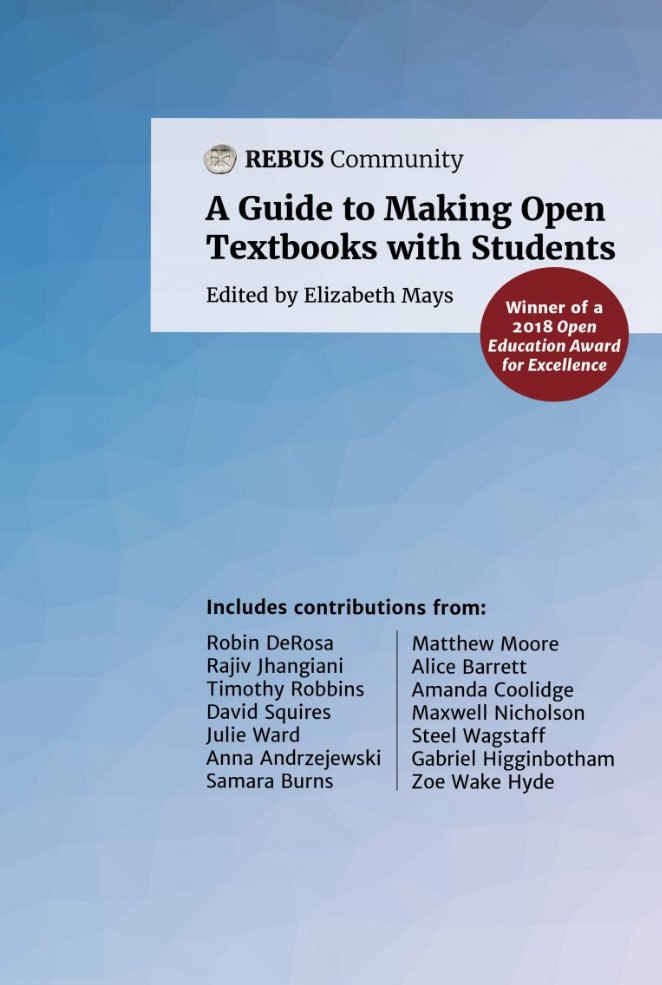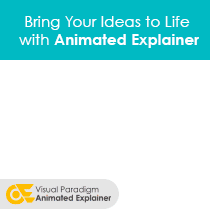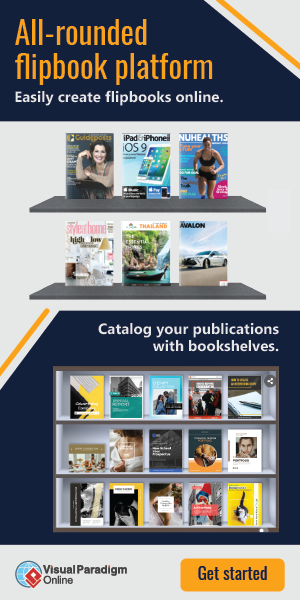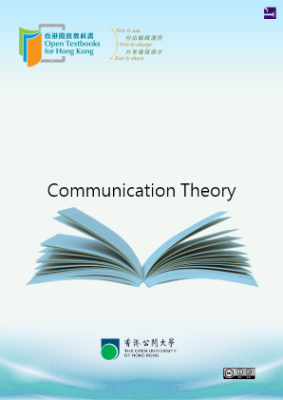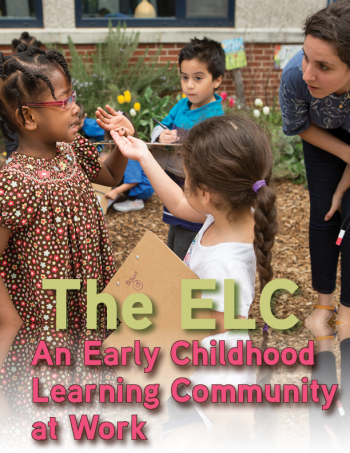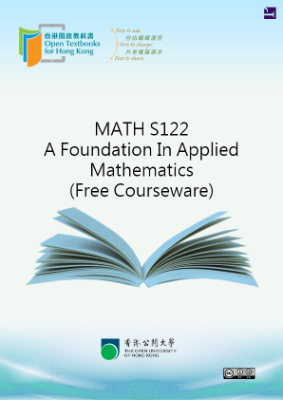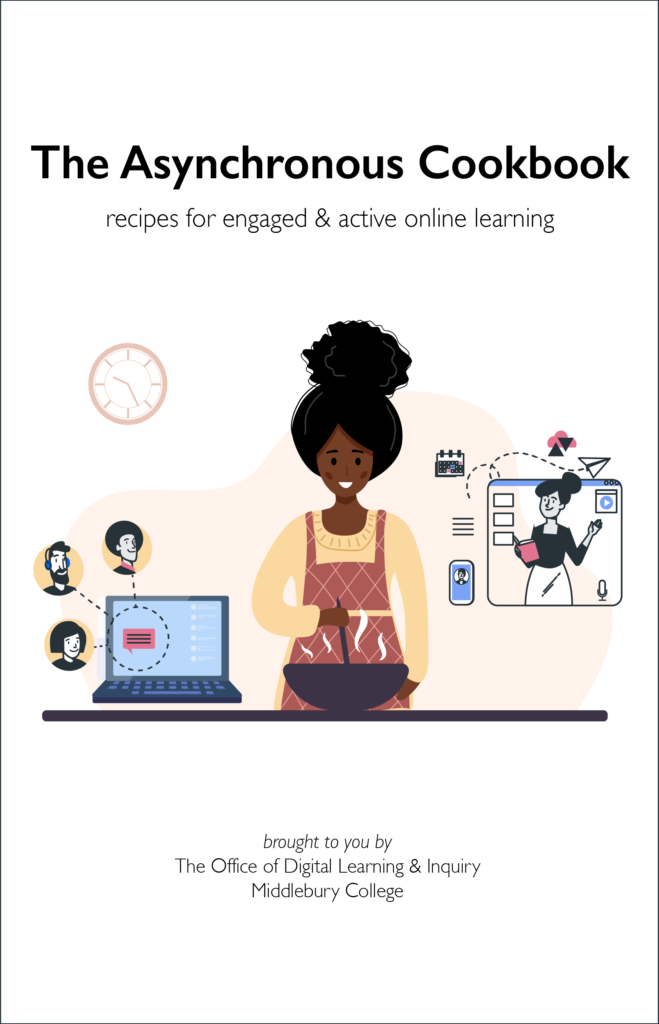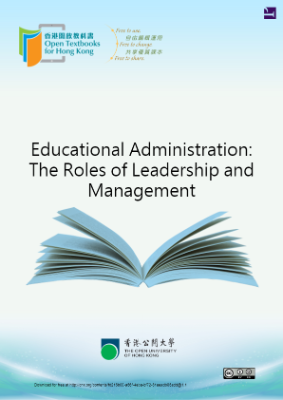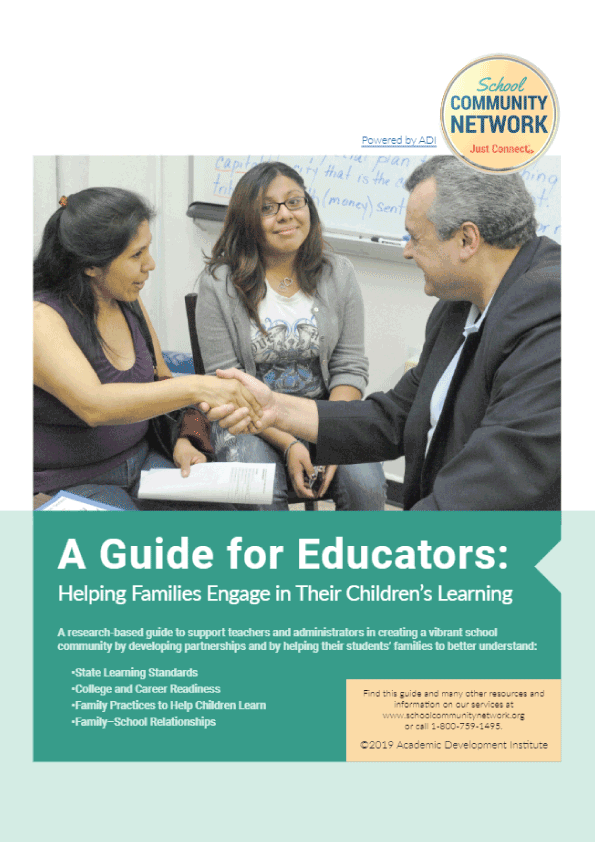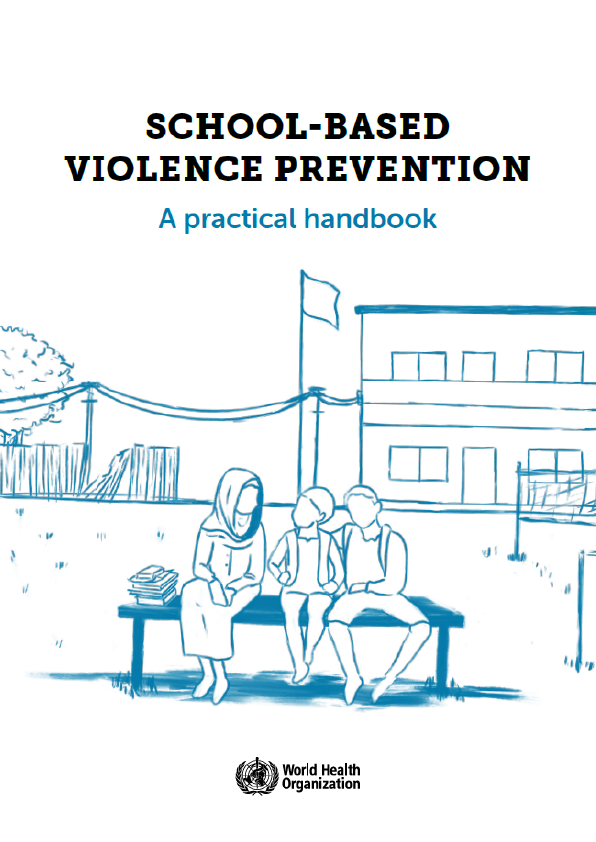At the Rebus Community, we are building a new, collaborative model of publishing for open textbooks.
Wrapped up in those words–new, collaborative, publishing, open–are some ambitious goals:
- We want to make it easier for a global community of open textbook practitioners from disparate institutions to find each other and collaborate on Open Educational Resources.
- We want to make the process of building or contributing to an open textbook easier.
- We want to make open textbooks in every subject in every language available free of charge and free of licensing restrictions in every format possible.
No doubt, growing the OER ecosystem on the creation side will make it easier for students to find and use open textbooks in their disciplines. But enabling students to contribute to open textbooks could transform them into even more accessible resources for learning.
Producing such resources hones research, writing, editing, teamwork, and digital literacy skills Moreover, such experiences can make class learning interactive—going from what one of our contributors describes as a “banking” model of class instruction into an “inquiry-based” and participatory model. We’re thrilled when we learn about faculty embarking on classroom projects that meet the class’s objectives for student learning outcomes and engagement through projects that involve students in the research, compilation, and production of open textbooks.
This guide aims to both inspire and equip more faculty to follow in these Open Pedagogy pioneers’ tracks in making open textbooks with students. As with all Rebus open textbooks, this guide is but the first edition of a work designed to evolve, iterate, and expand. It is not complete–there are aspects we did not cover in this first edition–but we hope to fill these gaps going forward. If you have something to add, please let us know by commenting on the Guide to Making Open Textbooks With Students project2 in the Rebus Community Forum.
What is Open Pedagogy? How are professors practicing it in their classrooms to build open textbooks and other Open Educational Resources? What are the advantages to Open Pedagogy? This section answers these questions and provides ideas for working within existing teaching structures to introduce Open Pedagogy into your classes.
There are many ways to begin a discussion of “Open Pedagogy.” Although providing a framing definition might be the obvious place to start, we want to resist that for just a moment to ask a set of related questions: What are your hopes for education, particularly for higher education? What vision do you work toward when you design your daily professional practices in and out of the classroom? How do you see the roles of the learner and the teacher? What challenges do your students face in their learning environments, and how does your pedagogy address them? “Open Pedagogy,” as we engage with it, is a site of praxis, a place where theories about learning, teaching, technology, and social justice enter into a conversation with each other and inform the development of educational practices and structures. This site is dynamic, contested, constantly under revision, and resists static definitional claims. But it is not a site vacant of meaning or political conviction. In this brief introduction, we offer a pathway for engaging with the current conversations around Open Pedagogy, some ideas about its philosophical foundation, investments, and its utility, and some concrete ways that students and teachers—all of us learners—can “open” education. We hope that this chapter will inspire those of us in education to focus our critical and aspirational lenses on larger questions about the ideology embedded within our educational systems and the ways in which pedagogy impacts these systems. At the same time we hope to provide some tools and techniques to those who want to build a more empowering, collaborative, and just
architecture for learning.
